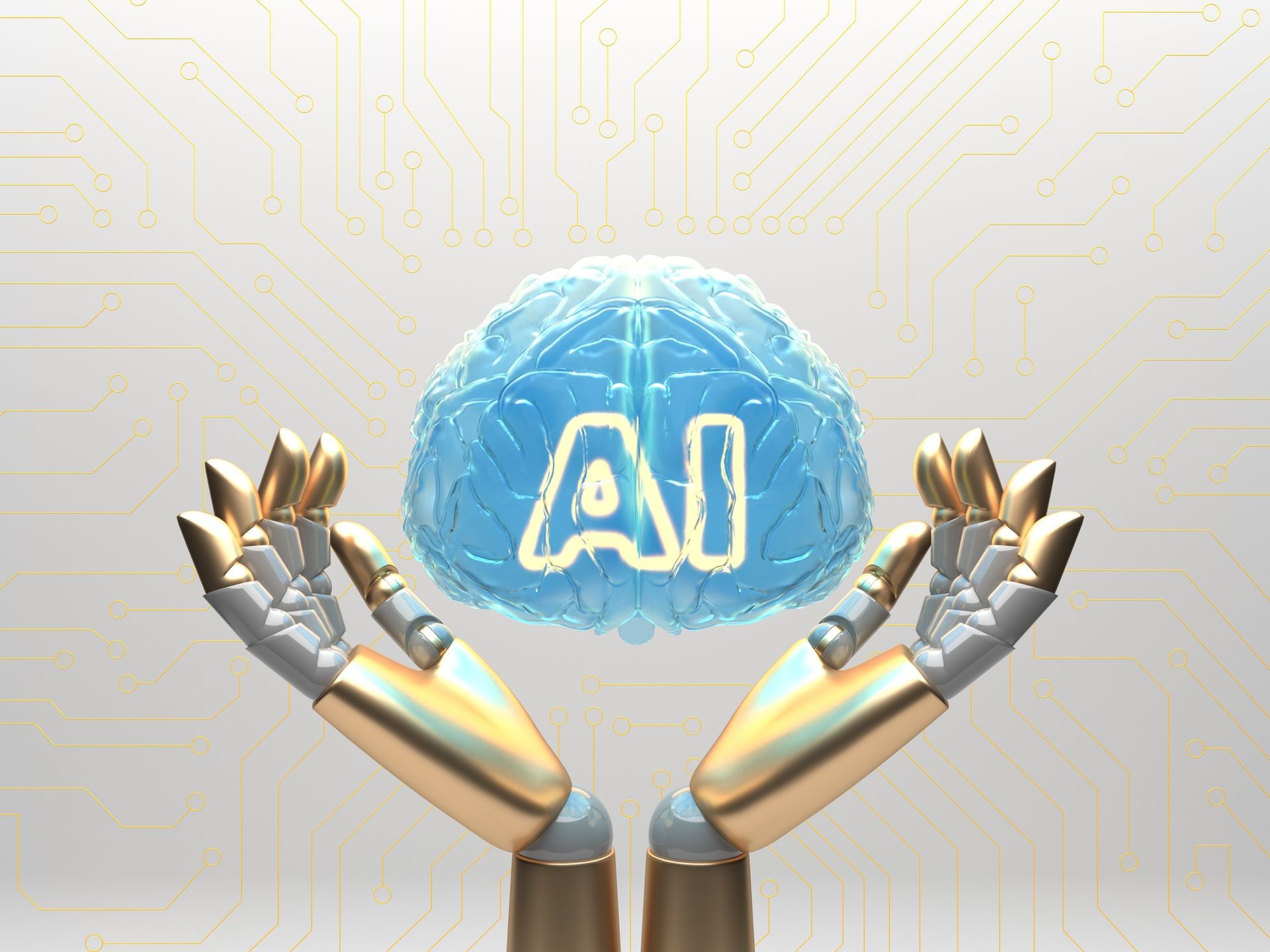Ethical Considerations in the Age of Artificial Intelligence
Ethical Considerations in the Age of Artificial Intelligence

As artificial intelligence continues to permeate every aspect of our lives, from healthcare and finance to education and entertainment, the ethical considerations surrounding its development and deployment have never been more critical. The promise of AI is immense, but so are the responsibilities that come with harnessing its potential.
The Imperative of Ethical AI
Ethical AI refers to the development and use of artificial intelligence systems in ways that are transparent, accountable, and fair. It ensures that AI technologies respect human rights, avoid biases, and do not cause harm. As AI systems make increasingly significant decisions—sometimes autonomously—the need for ethical guidelines becomes paramount.
Addressing Bias and Fairness
AI algorithms are only as good as the data they are trained on. Biased data can lead to discriminatory outcomes, perpetuating existing societal inequalities. For example, in hiring processes, biased AI systems might unfairly disadvantage certain groups based on gender, race, or age.
To combat this, organizations must implement rigorous data auditing processes, diversify their development teams, and adopt fairness metrics to evaluate AI systems. Open data initiatives can also help by providing diverse datasets that reduce the risk of bias.
Transparency and Explainability
One of the challenges with AI, particularly deep learning models, is their "black box" nature. Users may not understand how decisions are made, leading to a lack of trust. Emphasizing transparency and explainability in AI systems is crucial for accountability.
Techniques such as Explainable AI (XAI) aim to make AI decision-making processes more understandable to humans. This not only builds trust but also helps identify and correct errors or biases in the system.
Privacy and Data Protection
AI systems often require vast amounts of data, raising concerns about privacy and data security. Organizations must ensure compliance with data protection regulations like GDPR and implement robust security measures to safeguard personal information.
Consent mechanisms, data anonymization, and encryption are essential practices that protect individual privacy while still enabling AI innovation.
Ethical Frameworks and Regulation
Governments and international bodies are beginning to establish ethical guidelines and regulatory frameworks for AI. For instance, the European Commission's guidelines on trustworthy AI provide a foundation for developing AI that is lawful, ethical, and robust.
Organizations should proactively adopt these frameworks, not just for compliance but to demonstrate a commitment to responsible AI development.
The Role of Stakeholder Collaboration
Ethical AI is not solely the responsibility of developers or policymakers; it requires collaboration across various stakeholders, including businesses, academia, civil society, and end-users. Engaging diverse perspectives ensures that AI technologies are developed in ways that are socially beneficial and aligned with societal values.
Explore Ethical AI at the Global Open Data and AI Summit 2025
Navigating the ethical landscape of AI is complex but essential. The Global Open Data and AI Summit 2025 will feature dedicated sessions and panels on ethical AI, bringing together experts to discuss best practices, challenges, and the future of responsible AI.
Register now at www.godasummit.com/tickets and be part of the movement that's shaping the future.
Contact Information
GODA SUMMIT PR
Email:
pr@godasummit.com
Phone: +44 20 4547 5894
Connect with us @GODA SUMMIT on LinkedIn to continue the discussion
Event Information and Registration
Visit:
www.godasummit.com
Join the Conversation
Follow us on social media for the latest updates:
LinkedIn:
GODA-SUMMIT
Twitter (X): @GODASummit | #GODASummit2025
Facebook: GODASummit
Instagram: @GODASummit

















